If eyes are a window one person’s soul, HUMAN, a documentary by UN Environment Program Goodwill Ambassador and documentarian, Yann Arthus-Bertrand, is the panoramic window into where the human condition is housed — through diverse pairs of eyes.
After traveling to 70 countries and interviewing 2000 people about the beginning to the current moment of their lives, Arthus-Bertrand and his team were able to compile three hours and ten minutes worth of footage rich in perspectives — everywhere from a middle class Australian, to a humble Mexican grandmother whose idea of ultimate happiness was to be surrounded by her grandchildren, to a little African girl who experienced discrimination during the Rwandan Civil War.
All humans of the HUMAN film had their own story to tell and, on the surface, many appear different from our own; however, those narratives can resonate with us on the separate end of the screen because many universal human truths are just that — universal.
We all believe in love and as Arthus-Bertrand said in an interview with us, this film is about love.
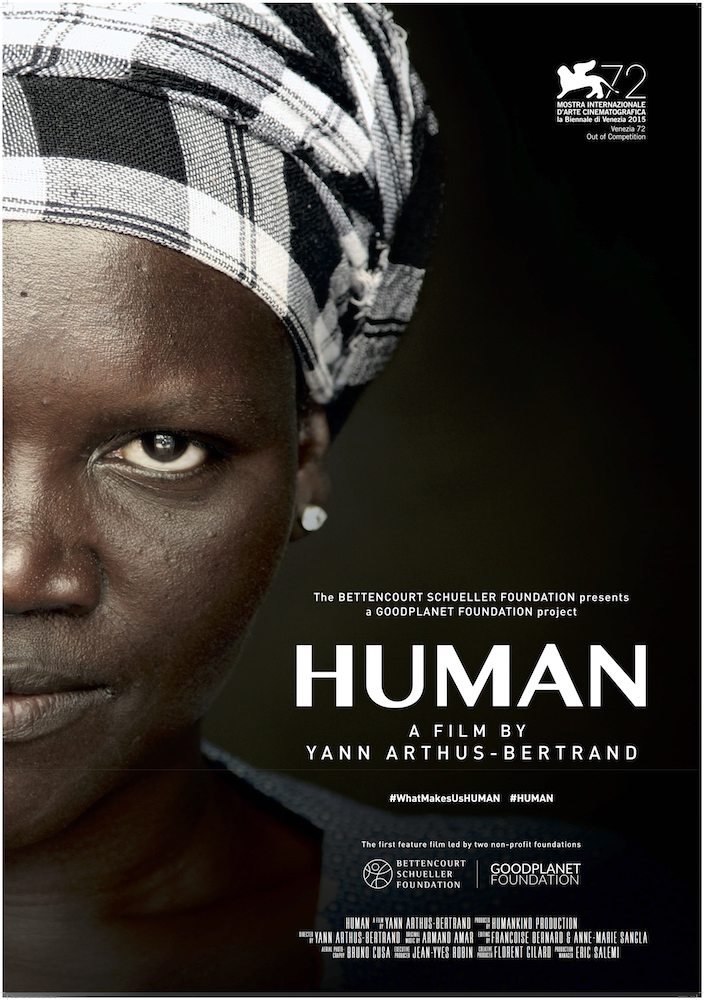
“I love when the people went out to the cinema and said that they loved people more than when they came in,” Arthus-Bertrand told Darling. “I want people to understand that love is the key of everything. It is a movie about love, voila.”
The documentary first premiered at the UN Headquarters’ General Assembly Hall in New York in September 2015 before the UN Secretary General, Ban Ki-Moon. From the UN, to the Venice Film Festival to over 60 countries, HUMAN even made it’s way to Santa Monica’s historic Aero Theatre. Not matter the audience or their geographical location, Arthus-Bertrand and Assistant Director Anastasia Mikova were able to show that HUMAN makes its impact on any human who has the opportunity to see it.
“I want people to understand that love is the key of everything. It is a movie about love, voila.”
“That’s the whole idea of the film: to show you people who don’t look like you, who don’t speak like you, who don’t live in the same context as you, but who are exactly the same as you — who feel exactly the same things, who are also willing for love, for happiness, for their children to be safe,” Mikova said. “It’s not because they live in India somewhere in a very small village, or in Australia, or in Bangladesh or in Russia that they are completely different.”
To emphasize the similarities in the soul of each human’s story, Arthus-Bertrand decided to film his eclectic subjects in front of a black background while looking straight into the camera, in addition to showing aerial shots of humankind in community with one another around the world. The Humans of HUMAN were intentionally positioned to look at their audiences straight on. The two techniques caused them to forget about their own contexts and focus on the stories they were telling, Mikova said.
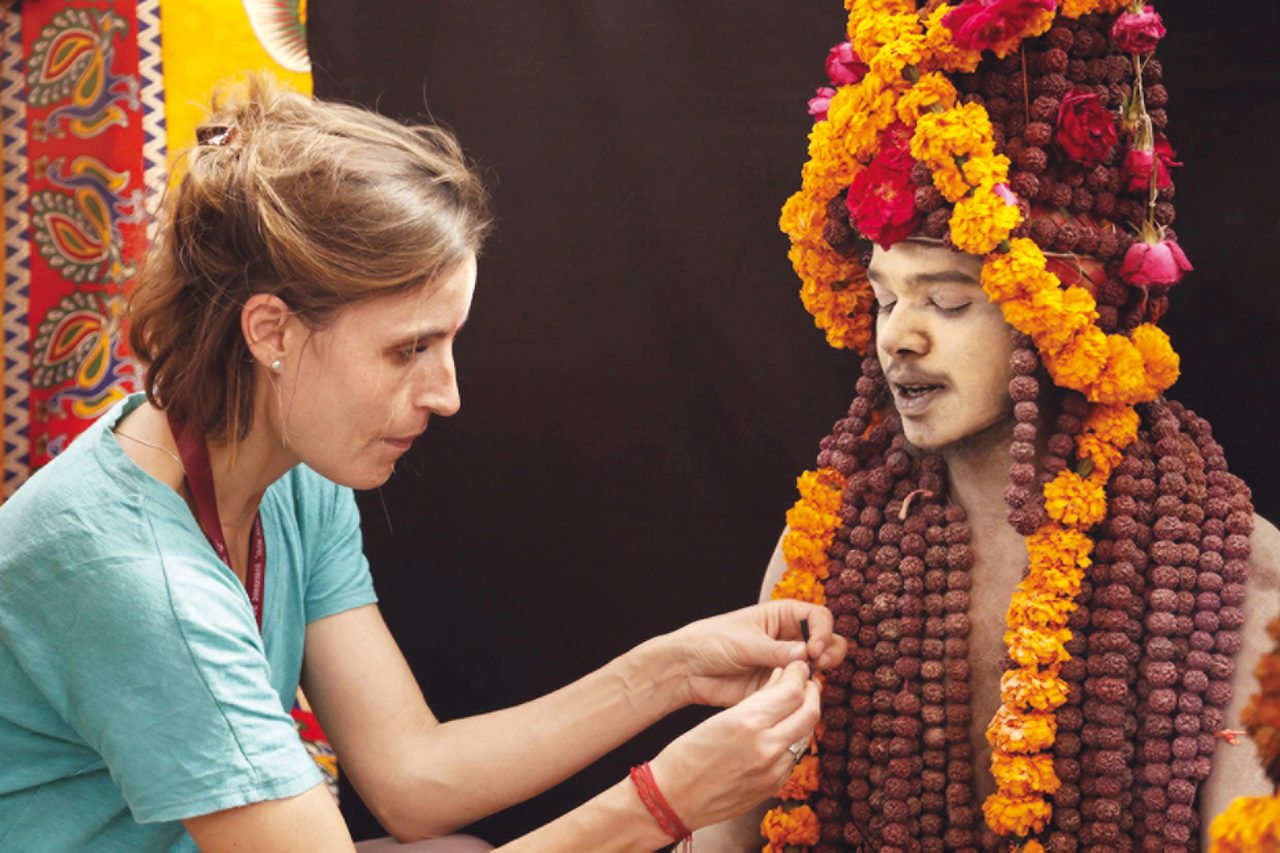
In turn, we as an audience are given the opportunity, through these subjects’ vulnerability, to reciprocate a priority for what is being said, to realize that their word and facial expressions are a reflection of our reflection — like a looking glass, Arthus-Bertrand said.
“This movie is a mirror of yourself, it’s not someone else talking, it’s you talking,” Arthus-Bertrand said during a Q&A with the audience.
Mikova echoed the truth behind Arthus-Bertrand’s metaphor.
“That is the whole idea of the film: to make you identify with others, to make you look at this person and say, ‘Wow, I would never think we can share something together but I’m surprised to see that we are,” Mikova said.
In 2019, Arthus-Bertrand and Mikova will release a film delving deeper into a certain perspective the human experience — the female perspective — with a new documentary, WOMAN. The calling to make this documentary sparked from the “strengths” and “wisdom” eminent in female perspectives that Arthus-Bertrand and Mikova came across while interviewing people for HUMAN.
What intrigued Mikova was how their female interviewees often felt the stories they shared were not compelling enough. She further emphasized the need of women’s voices to be projected because of the unique challenges they face in our world today and how giving women the platform to speak up will have a beneficial impact on the world.
“What we felt from women’s perspectives is that the there is a different option, there is a different way of thinking and imaging the world of tomorrow.”
Through HUMAN and WOMAN, audiences are invited to become a part of something bigger than themselves, to recognize that while human beings are externally diverse, their “emotions are the same.”
And because emotions, whether happiness, sadness, anger or love, are languages we’re all fluent in, that fluency creates more room in the world for empathy.
To take part in this HUMAN experience, watch the film for free through Google, organize a screening near you, or order an extended eight hour version on DVD via Amazon.
Images via HUMAN

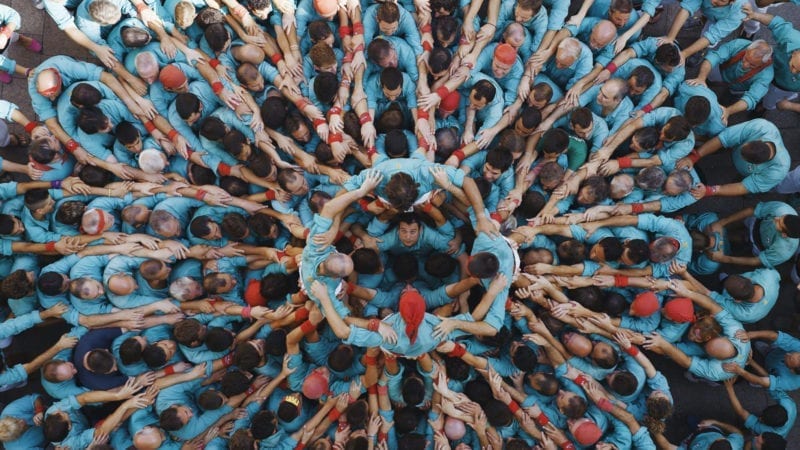
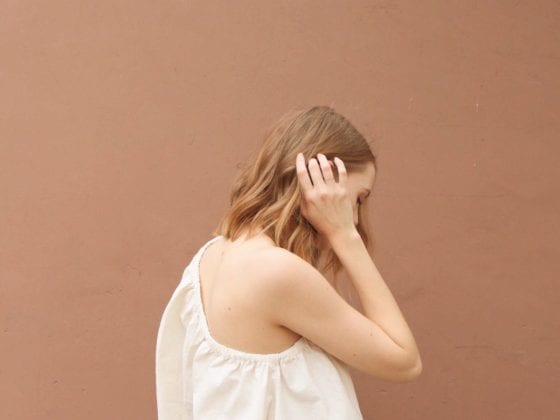
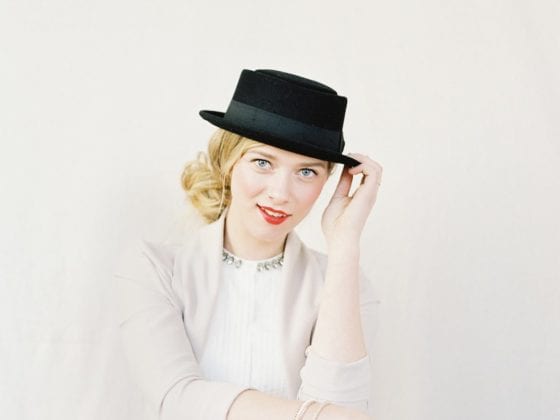
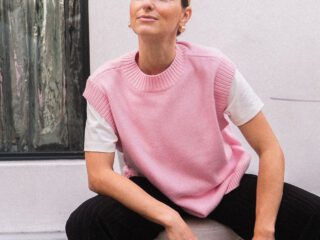


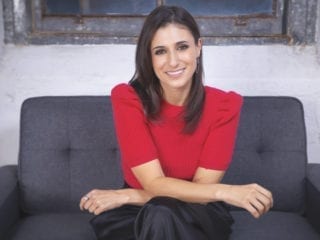
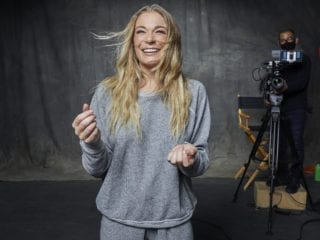



3 comments
Going to watch this tonight! Where do we find the extended 8-hour edition on Amazon? Please and thank you!
I can’t wait to watch this with a friend!! And I am so looking forward to watching WOMAN in 2019. I think everyone feels her story isn’t big enough to matter or be heard, but every time I see a woman share her story, there are other women to rally around her.
We are all externally diverse, but internally as you said many of the emotions are the same.
Glad to know it can be watched for free. It seems like a beautiful film, and I love the diverse and different people they focused on!
–
Charmaine Ng | Architecture & Lifestyle Blog
https://charmainenyw.com